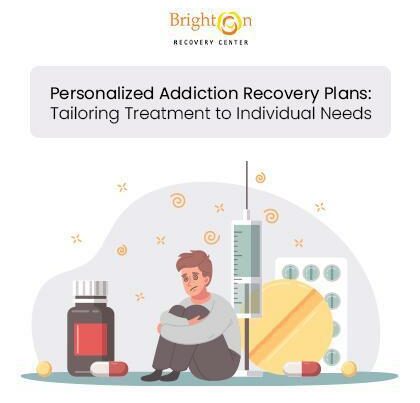Trauma and Addiction
Working Towards Understanding and Empathy
Addiction is a concept that can be extremely difficult to understand, for both those in it’s grasp and those observing it’s destruction. Understanding and treating addiction can be overwhelming and complex. Oftentimes we don’t know where to begin. In my experience over the last ten years working in the mental health field, I’ve learned about the important role that trauma plays in developing addiction, whether that be to a substance or destructive behavior. As a result, I’m a firm believer that one can’t find themselves addicted without first experiencing some level of trauma.
Oftentimes we view trauma as something dramatic and in your face. We conjure up images of war, death, and violent assaults. But the reality is that the majority of trauma is much more insidious and understated. Having a parent who sent you the message that nothing you did was ever good enough. Never feeling like you really fit in growing up. The loss of a serious romantic relationship. I’ve heard trauma described as “anything less than nurturing”. If that is true, we have all experienced trauma at some point in our lives. And if this trauma hasn’t been processed, we are walking around with an open wound.
"trauma creates the perfect storm for desperation..."
Trauma can be far reaching in its influence on one’s life. Trauma can impact our beliefs about ourselves, the quality of our relationships, even how our brain biology works. It can lead to feelings of low self worth, chronic hypervigilance and can result in self destructive behaviors. Addiction can be understood as an attempt to cope with the discomfort of trauma, to escape and deny the painful reality of what one has experienced, to create a false confidence when inside one is falling apart or questioning their worth. Addiction is utilized as a chemical solution to a soul problem. And trauma creates the perfect storm for desperation to feel better, any way that we can. Thus, the addiction isn’t necessarily the problem, but the attempted solution to the real problem. And if we aren’t treating the real problem, our trauma, we aren’t treating our addiction.
"Addiction can be understood as an attempt to cope with the discomfort of trauma"
In my experience, the first step towards healing from trauma is to recognize and validate our own traumatic experiences. We have a tendency of comparing, minimizing and invalidating our experiences in an attempt to avoid being labeled “whiney “or “dramatic”. Typically this fear of being perceived as whiney and dramatic stems from some external source of invalidation and keeps us from being able to recognize and express our universal emotional experiences and needs. The second step in healing is to allow ourselves to grieve the losses inherent in traumatic encounters. Grieving is painful and as humans, we tend to avoid painful emotions at all costs, which lessens our ability to manage pain without a substance or compulsion to numb. The last step is to understand how our trauma influences our beliefs and behaviors with the intent to identify new ways of relating to our trauma and being more mindful in decisions of how we treat ourselves and others.
"Healing from trauma is possible!"
At Brighton, we address trauma using multiple approaches. I have the privilege of running Healing the Past, which is a group in which we process trauma through many modalities including story telling, psychodrama and other experiential exercises. Individual therapy is also a safe place to work through traumatic experiences, as Brighton’s team is trained in modalities proven to be effective in treating trauma including EMDR. Recreation therapy is also an empowering intervention that allows us to challenge old narratives and behaviors that are no longer serving us through physical activity.
Healing from trauma is possible! It takes time. It is a process. Healing requires willingness to sit with pain and loss. It requires an understanding that there are traumas that will never be fully “resolved”, but if we are doing the hard work our ability to process and move through these painful feelings will improve over time. And with that a resolve to nurture and heal instead of abuse and avoid.
Mckenzie Vierig, LMFT is a Licensed Marriage and Family therapist at Brighton Recovery Center. For more advice from experts like Charlie, visit our addiction recovery blog or YouTube channel.



